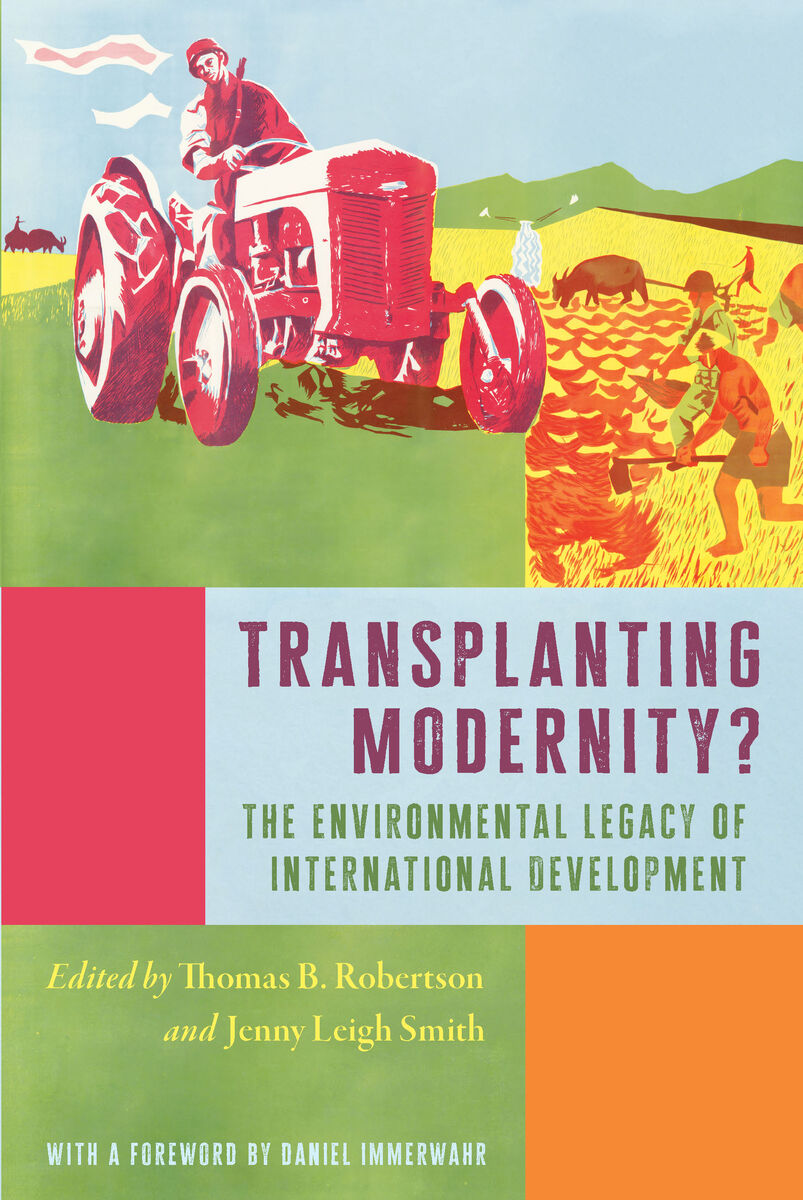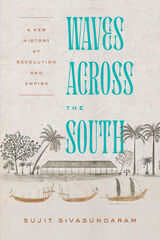Transplanting Modernity?: New Histories of Poverty, Development, and Environment
University of Pittsburgh Press, 2020
eISBN: 978-0-8229-8780-2 | Cloth: 978-0-8229-4639-7
See other books on: Development | Environment | Environmental Science | New Histories | Poverty
See other titles from University of Pittsburgh Press
eISBN: 978-0-8229-8780-2 | Cloth: 978-0-8229-4639-7
ABOUT THIS BOOK | AUTHOR BIOGRAPHY | TOC | REQUEST ACCESSIBLE FILE
ABOUT THIS BOOK
In general, “development” denotes movement or growth toward something better in the future. International development—widespread in the decades following World War II—was an effort at purposeful change in landscapes around the world. Contributors to this volume argue that these projects constituted an effort to transplant modernity, such as knowledge or technology, from places seen as more developed to places perceived as un- or underdeveloped. During its heyday, international development included not just dams, roads, health programs, and agricultural projects but also animal husbandry schemes, urban development, and wildlife protection plans. Projects often succeeded or failed because of existing environmental conditions, and in turn, these programs remade—or tried to remake—the land, water, wildlife, and people around them. From American-directed failures in water engineering in Afghanistan to the impact of livestock epidemics on economic growth in East Africa, the chapters in Transplanting Modernity question how science, technology, and faith in Western notions of progress have influenced the pace, scope, and scale of development.
Calls for an Honest Reckoning of the Successes, Failures, and Unanticipated Results of International Developments
In general, “development” denotes movement or growth toward something better in the future. International development—widespread in the decades following World War II—was an effort at purposeful change in landscapes around the world. Contributors to this volume argue that these projects constituted an effort to transplant modernity, such as knowledge or technology, from places seen as more developed to places perceived as un- or underdeveloped. During its heyday, international development included not just dams, roads, health programs, and agricultural projects but also animal husbandry schemes, urban development, and wildlife protection plans. Projects often succeeded or failed because of existing environmental conditions, and in turn, these programs remade—or tried to remake—the land, water, wildlife, and people around them. From American-directed failures in water engineering in Afghanistan to the impact of livestock epidemics on economic growth in East Africa, the chapters in Transplanting Modernity question how science, technology, and faith in Western notions of progress have influenced the pace, scope, and scale of development.
See other books on: Development | Environment | Environmental Science | New Histories | Poverty
See other titles from University of Pittsburgh Press












